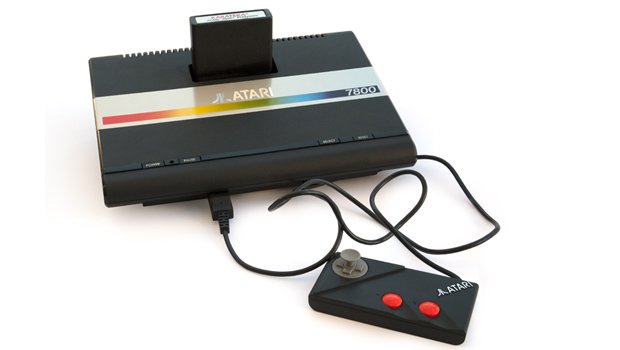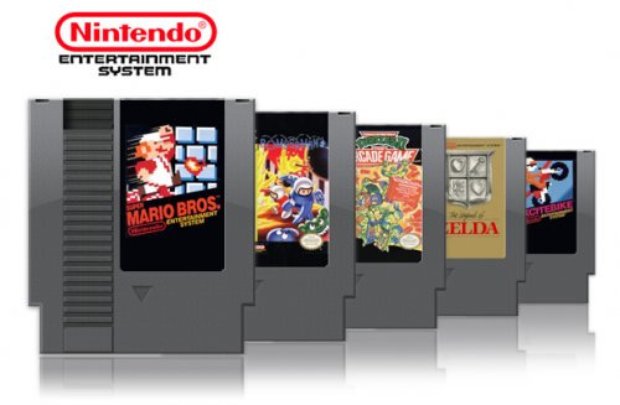Twenty-eight years ago this month, Nintendo won its first console war
Twenty-eight years ago this month, Atari took on Nintendo... and lost.
In January of 1986, Atari re-released the Atari 7800--and promptly ran into the buzzsaw that was the Nintendo Entertainment System. Little remembered today, the event marked the end of Atari's status as the dominant player in the home console market.

The home console business infamously crashed in 1983, but that didn't keep companies like Atari from churning out new systems. First launched in 1984, the Atari 7800's major selling points included backward compatibility with the Atari 2600 and an expansion slot that could house a High Score Cartridge. However, legal issues arising from the console's development (see: it hadn't fully paid the console's designers yet) forced Atari to pull it from shelves soon after its arrival, leaving it to molder in warehouses for another two years.
Fast-forward to January 1986, just a few months after the initial release of the Nintendo Entertainment System. Unfortunately for the 7800, it seemed dated by comparison. The colors weren't as vibrant, the music wasn't as sharp, and the game library mainly consisted of retreads from the glory days of the Atari 2600. The NES was superior in pretty much every way, and it had one of console gaming's first true killer apps: Super Mario Bros.

In addition to these shortcomings, the Atari 7800 was also one of the earliest victims of Nintendo's licensing policies, which forbade developers from porting their games to other consoles. Thus, without a viable library or retail presence, it was quickly banished to the far corners of the marketplace, where it joined contemporaries like the Sega Master System. Today, it retains a small but fanatical homebrew community--not quite a new lease on life, but enough that is remembered.
As for Nintendo, it received its eventual comeuppance in 1995, when the same licensing practices that killed the Atari 7800 drove developers into the arms of Sony and the PlayStation. Ultimately, Nintendo's desire to establish strict controls on development likely saved it from the sort of glut of awful titles that nearly killed the industry in the first place.
This Week in Gaming brings you bite-sized gaming history every week. Come back to find out what the past can tell us about the future, and to reminisce about a time before high-definition visuals, always-online DRM, and digital distribution.
Sign up to the GamesRadar+ Newsletter
Weekly digests, tales from the communities you love, and more


